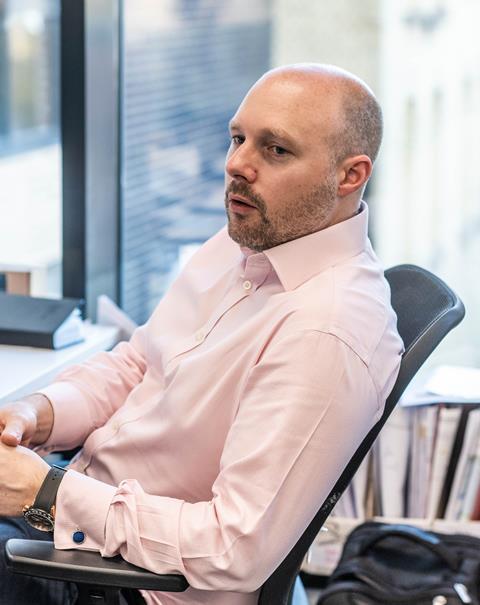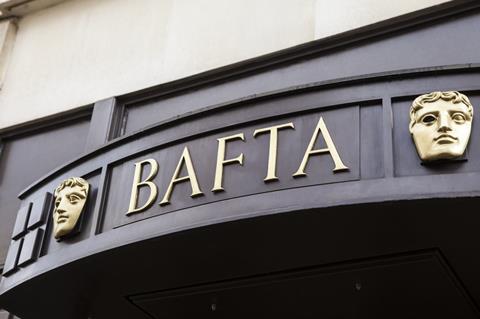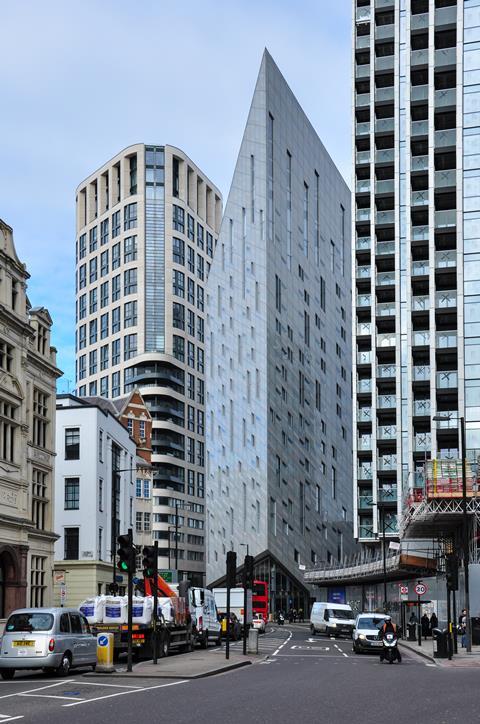The company director on the importance of communication, his industry heroes and his favourite and least favourite buildings
Why did you choose construction as a career?
I have wanted to be an engineer since I was about 10. It was something I always knew I wanted to do and, when I was 16, I had a modern apprenticeship, so did four days in a sixth form and one day for a manufacturing and engineering firm.
My priority when I left university was to live in London, and as building services was the only engineering centred in London, I fell into it really. I then came to realise quite quickly that I am not a person who could be an engineer in any other industry.
There is a great interaction and camaraderie with lots of different people in this sector which you donãt get in other engineering roles. I really enjoy this social aspect, meeting new people and getting to know new project teams.
What has been your biggest career challenge to date?
There have been a few during my career, including trying to retrofit ventilation systems for 450 fume cupboards into a building designed as an office.
There was also quite a challenge on another project, which involved designing the ventilation systems in a large open area for a company where they used tissue paper on the desks to create art. So getting the design to work without any draughts at desk height was an interesting task.
Another that comes to mind was in the early 2000s, when I was involved with coming up with the service strategy and designs for the lowest carbon-emitting hospital in Europe at the time.

If you could change one thing about the industry, what would it be?
The industry is doing this now, but there still needs to be a greater portrayal and explanation of the sector at a school level. It still doesnãt seem to be something that is thought about as much, or held in as high regard as for example being a doctor or lawyer.
People still assume the stereotype is true that working in construction is all hard hats and being on site, and that being an engineer is more about working in things like Formula 1.
There are so many different aspects in our sector and an incredible range of different specialisms. For me, there was a whole industry that I didnãt really know much about when I left university.
What have you worked on that youãre most proud of?
This would definitely be the BAFTA headquarters building in Piccadilly, central London, which was a very unique project on an existing heritage building with so many different complicated elements.
The building dated from the mid 19th-century and there was a lot of hidden structure that we didnãt know was there until they stripped the building out. Detailing all the services and routes in the building was complex and changed on a weekly basis.
There was also a fascinating aspect to it as the roof glazing within the members area at BAFTA has two giant greenhiouses on the building, which meant it was incredibly difficult to control the temperature as you had huge heat gain and no ceiling to distribute the air. We really had to think outside the box and partnered with a glazing manufacturer.
With them, we worked out a solution to dynamically change the solar transmission value of the glazing on a panel-by-panel basis. This involved us writing a control strategy that mapped the sun across the sky and only shaded the panels that needed to be shaded, to reduce the solar gain but also maximise the great view overlooking a churchyard.
I have never done anything like that before and it was a great project to be involved in as it went so well and is the most successful one I have worked on.

Most helpful advice you were given?
Tell everybody what you are doing all the time. My mentor told me that whan I was a graduate and it is something that has stuck with me.
Communication is key to our job, particularly with working with so many partners and different team members. I would say communication is priority number one and engineering is number two.
There is an eclectic mix of people in a project team and good communication is the most important thing you can do.
Whatãs your favourite building in the world?
This is such a tough question as I have so many and it is not necessarily about the building, it is the setting and the history. It is difficult to pick one out but think I would go for a really interesting-looking building, which would be the old police station on Beak Street in Soho.
It is actually a blue-glazed brick building that is really striking ã it also happens to be next to my favourite pub in London: The Sun and 13 Cantons!.
What single piece of advice would you give to someone just starting out in your profession?
That the engineering in our industry is relatively simple compared with other types of engineering ã but it is the camaraderie and interaction with people that you have to love and prioritise over everything else. The key to a successful job is in the detail, and that is what sets a good engineer apart from others.
Who do you most admire in the construction industry?
Women. Because despite the steady signs of increased diversity within the built environment, it is unfortunately still very male-dominated. That is something I really would like to see change.
Hats off to all the women already doing amazing work, as it canãt be easy facing some of the challenges and adversity displayed in some pockets of the industry.

What famous building do you wish youãd worked on?
Rosslyn Chapel, which is a job Harley Haddow did in another office, as that is one of my favourite looking buildings. It is really stunning and there is a great mix between new and old and I wish I had been involved with that.
Which famous building do you most dislike?
The Montcalm hotel near Old Street station in Shoreditch. It is quite an aggravating building as there is nothing straight on it and it has conflicting patterns of transparency.
Whatãs it like being you?
Busy, due to the exciting growth strategy that is underway at Harley Haddow. But in myself I am quite chilled as I love what I do.
What do you think your best quality is?
I would say the ability to communicate with anybody from any background in any situation and to put people at ease.
What trait do you most dislike in yourself? And in other people?
Probably that I can become a bit obsessed with things, when I donãt need to be, which is down to my naturally curious engineering brain. I think about things in minute detail, when I really donãt need to. In terms of other people, that would be complacency.
Do you have a life philosophy?
Quality is remembered long after the expense is forgotten.
Name three things that you like
Pizza, fast cars and playing football.
Whatãs a secret skill we donãt know you have?
I play the electric guitar, which not everyone knows.
Whatãs your most prized possession?
Not owned of course, but my family is the most prized. In terms of possessions, I actually have a signed bottle of champagne from the test pilots who flew the maiden flight of Concorde because my grandfather was chief medical officer of British Aerospace at the time and was involved in the development of it.
Early bird or night owl?
Night owl, 100%
Whatãs your favourite food?
That has to be pizza ã but the proper, thin Italian fresh pizza.
What would your superpower be?
Time travel ã forwards and backwards. Both would be equally interesting experiences.
Guy Willis-Robb is a director at Harley Haddow




























No comments yet